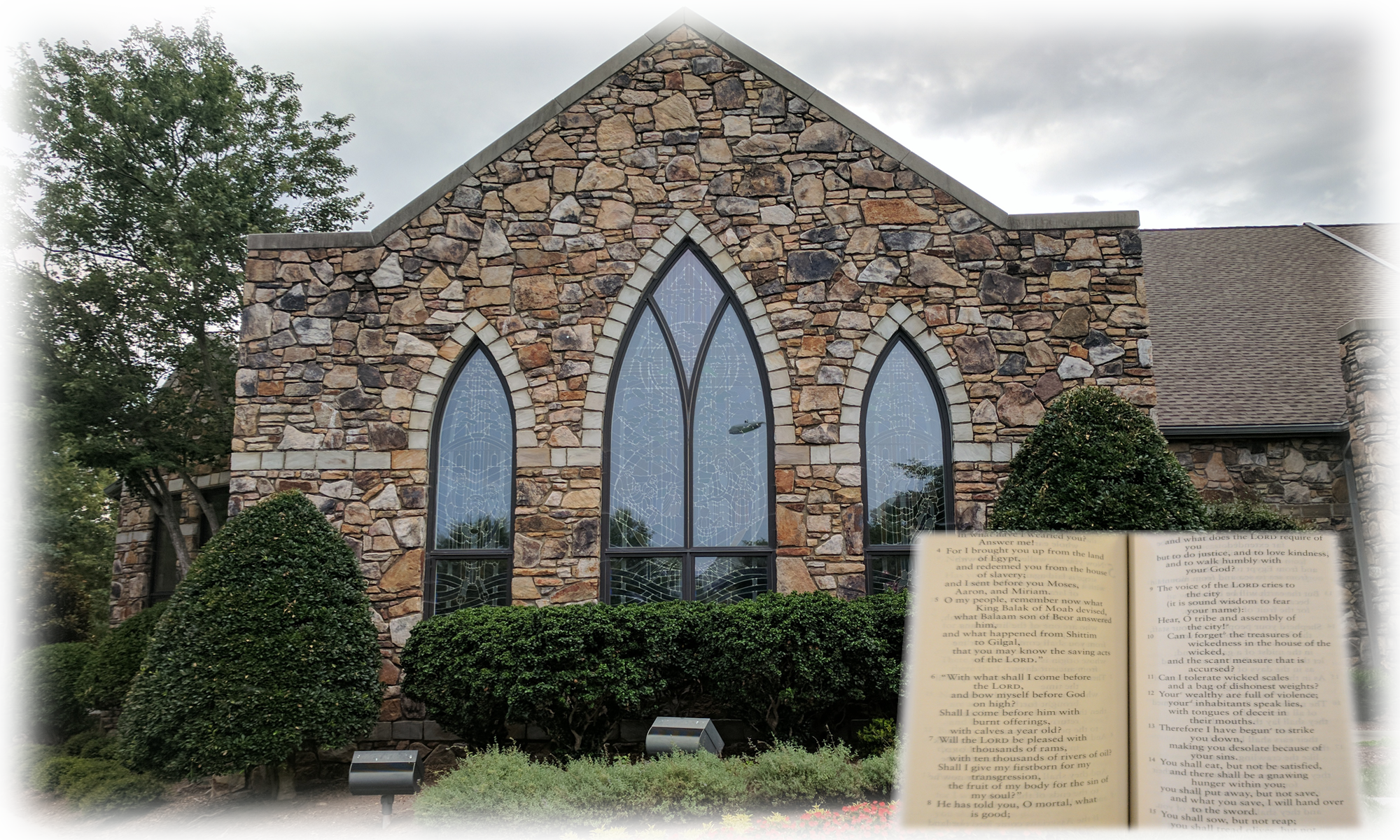This morning we took a long look at John 8:12–20, where we encounter the famous saying “I am the light of the world” (8:12) as well as the charge that the Pharisees “do not know my Father” (8:19).
We discussed the natural tendency of religious communities to draw boundaries to distinguish ourselves from the larger society or competing communities. We considered the characterization of the Pharisees in this text in light of the growing separation between Christianity and Judaism that was happening in the late first century CE.
I had hoped we would also have time to discuss John 9:1–12, but that did not happen. We will start with that passage, where Jesus heals a man born blind, next Sunday. I hope to see you on March 5!



You must be logged in to post a comment.